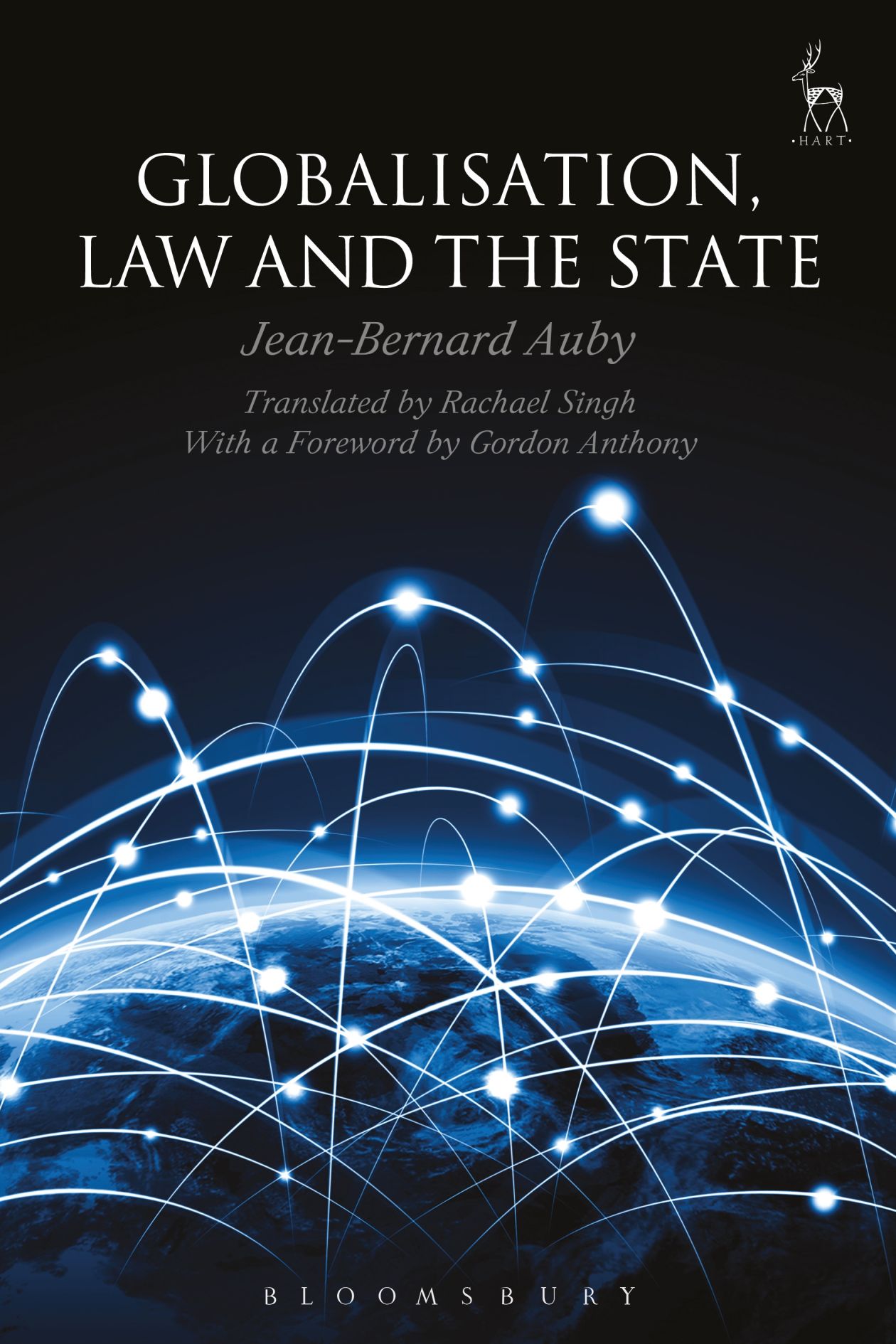We will be closed from 5pm Thursday 17th April for the Easter Bank Holidays, re-opening at 8.30am on Tuesday 22nd April. Any orders placed during this period will be processed when we re-open.

This book begins – as is customary in globalisation literature – with an acknowledgement of the definitional difficulties associated with globalisation.
Rather than labour the point, the book identifies some economic, political and cultural dimensions to the phenomenon and uses these to analyse existing and emerging challenges to State-centric/territorial models of law and governance.
It surveys three areas that are typically associated with globalisation – financial markets, the internet, and public contracts – as well as commerce more generally, the environment, fundamental rights, and national governance.
On this basis it considers how global legal norms are formed, how they enmesh with the norms of other legal orders, and how they create pressure for legal harmonisation. This in turn leads to an analysis of the corresponding challenges that globalisation presents to traditional notions of sovereignty and the models of public law that have grown from them.
While some of the themes addressed here will be familiar to students of the European process (there are prominent references to the European experience throughout the book), the book provides a clear insight into how the sovereign space of States and their legal orders is diminishing and being replaced by an altogether more fluid system of intersecting orders and norms.
This is followed by analysis of the theory and practice of the globalisation of law, and suggesting that the workings of law in the global era can be best be conceived of in terms of networks that link together a range of actors that exist above, below and within the State, as well as on either side of the public-private divide.
The whole is an immensely valuable, innovative and concise study of globalisation and its effect on law and the state.